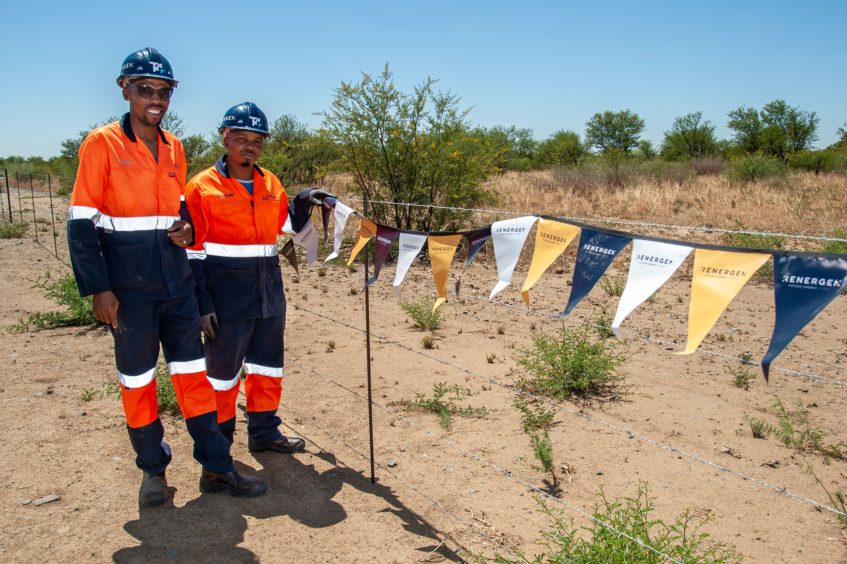
South African Renergen has devised the Cryo-Vacc, which allows vaccines to be transported at extremely low temperatures for up to 30 days without power.
The company, which is working on helium and LNG production in the Free State, said its Cryo-Vacc could provide temperatures from -50 degrees Celsius to -150 degrees. Helium powers the technology, while it has designed the case from aluminium.
The 20 kg case carries a minimum of 100 doses. The operating cost of the case should be under $3 per month, Renergen said. Moving the Cryo-Vacc between origin and destination more frequently should reduce this operating cost.
Defeating COVID-19 will take collaboration, it said. As such, the company is seeking larger partners who can handle large-scale manufacturing. Ideal partners would be global logistics companies, it said.
Distribution
The Pfizer-BioNTech vaccine must be stored at -70 degrees Celsius. Pfizer has said it can provide temperature-controlled thermal shippers, using dry ice, which will maintain this temperature for 10 days. Once thawed, health services can keep the vaccine at 2-8 degrees Celsius for five days, but it cannot be refrozen.
The Moderna vaccine can be stored at -20 degrees Celsius, which it said is equal to most home or medical freezers. Health care providers can store the University of Oxford-AstraZeneca vaccine at 2-8 degrees Celsius.
Renergen said the use of its Cryo-Vacc case reduces the number of transfers typically required for pharmaceutical distribution. Distributors can also use the case for other temperature-sensitive drugs in the future.
South Africa has signed up to the World Health Organisation’s (WHO) plan to provide vaccines globally, known as Covax. The WHO has not yet approved any of the vaccines. Covax has signed up to secure “hundreds of millions” of doses of the Oxford-AstraZeneca vaccine, which is also likely to be cheaper than the alternatives.
